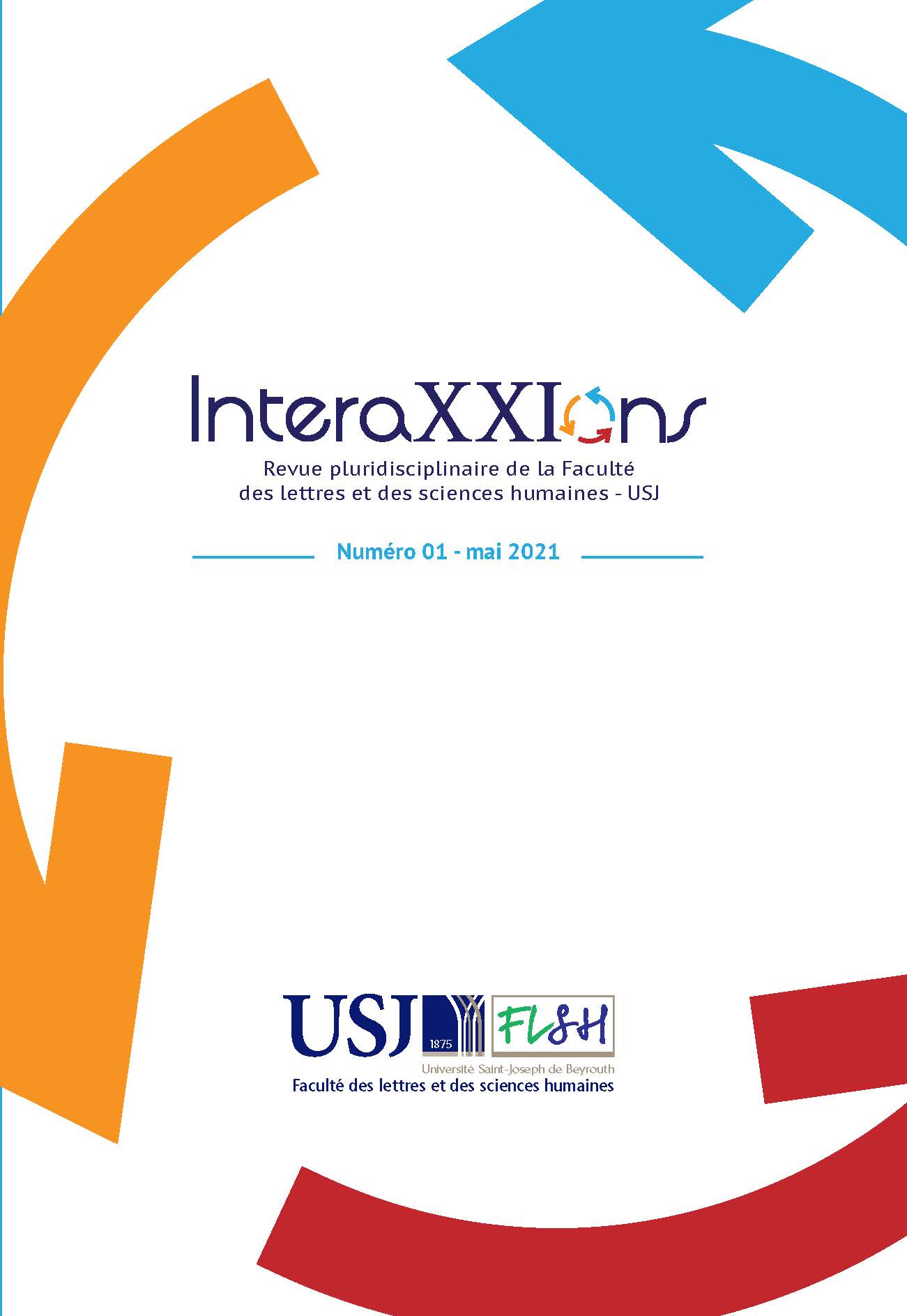Abstract
The city of Bangui, like other cities in Africa and even the world, is not spared from social movements of a revolutionary nature. From the University, through state, para-state societies, job seekers, or those in the process of integration (integrators), victims of military- political conflicts who demand justice and not amnesty, etc.; all these actors develop modus operandi, to exert pressure on their “adversaries” or to demand justice. The objective of this study is to highlight the modus operandi of these actors and the reasons for their revolutions in the city of Bangui. The main question that will guide this study is the following: how do revolutions manifest themselves in the city of Bangui? From this question, secondary questions emerge, such as, why do the actors revolt? What actions do they develop to put pressure on their opponents? The methodology is based on the comprehensive approach or the sociology of Wébérienne and Touraine action. It will be a question of trying to “understand” these actors and their revolutionary actions. Qualitative data collection tools are used, namely interview guides, observation and focus groups. It emerges from this study that in Bangui, the capital of the Central African Republic (CAR), students, staff of SOCATEL (Central African Telecommunication Company), AZUR mobile phone, integrators, etc.), are revolting to claim a certain number of rights, which they consider legitimate. Among other things, the operating methods are the closing of offices, messages on subversive banners such as “60 months of arrears is too much”, or “Mr. Director General released”. Victims of war (widows and orphans) organize marches and banners in hand on which one can read “no to amnesty”. Students from the University of Bangui, on the other hand, in order to claim their scholarship arrears, prefer to barricade the main avenue of martyrs, which houses the University, preventing the passage of vehicles, so as to put pressure on the State. According to the actors, these methods of operation are always effective, in that they make it possible to obtain, according to their statements, “victory in their case”. Scholarships are paid, part of the arrears are paid, situations are improved, etc. However, the actors deplore the fact that despite the strength of their actions, and the pressure they may have on their opponents, this still poses problems for leaders and coalitions. The leaders of these movements are exposed to risks of temptation and corruption, leaving the grassroots in disarray.

